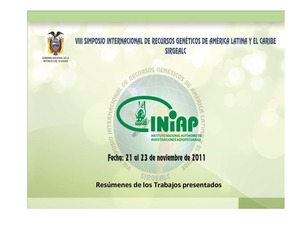Learning to govern: how to improve monitoring system in community forestry in Nepal?
Forest governance is now recognized as a critical factor for effective resource management and enhancing livelihood outcomes. This paper recognizes the need for having learning element in the governing process, for which there has to be a continuous monitoring process in place. Based on recent studies, the current monitoring system at different layers in Nepal's community forestry is reviewed, and opportunities for improved micro-macro linkages and forest governance are identified.


